Month: July 2023
Teaching children to stay away from violence
- Post author By system
- Post date 01/07/2023
- No Comments on Teaching children to stay away from violence
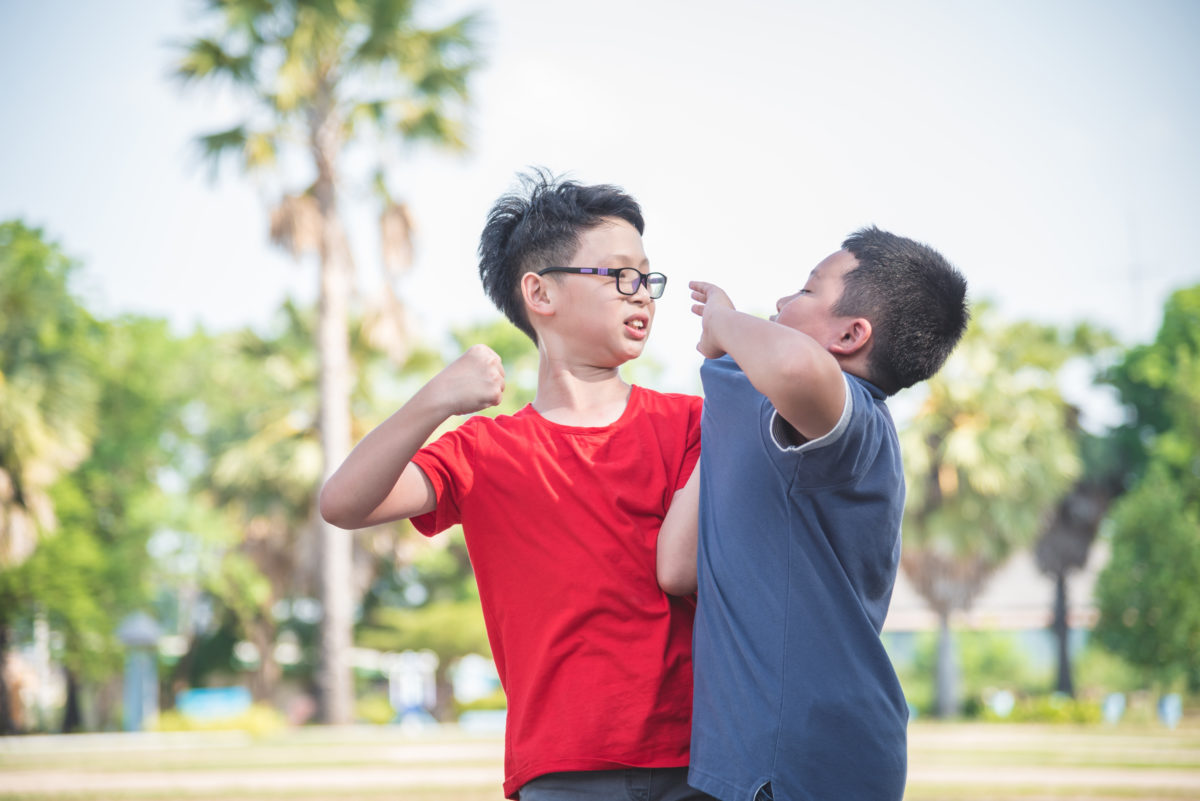
Parenting Tips
July 2023
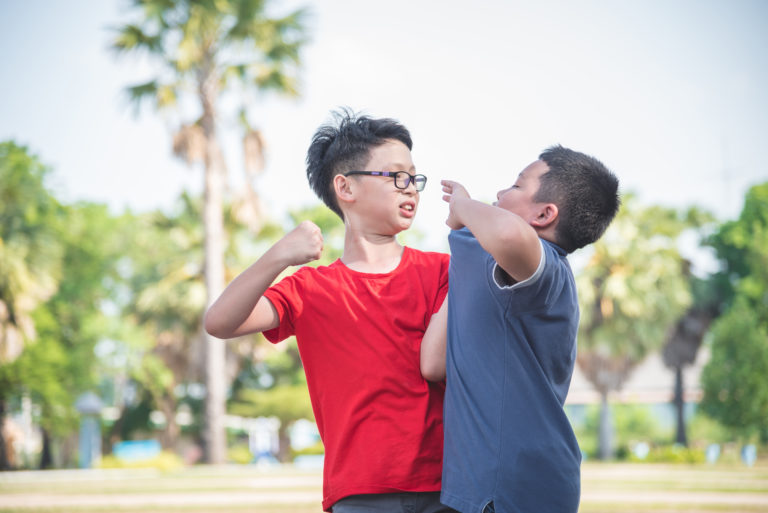
Written by : Dr. Hui Long Kit
In today’s society with advanced information and fast-paced information dissemination, children inevitably come into contact with various healthy and unhealthy information from a young age. For example, social networks are filled with verbal violence, and computer and mobile games are filled with bloody fights and war violence, which may lead to imitative behavior in the next generation.
From a biological perspective, violence is an inherent instinct of living beings; otherwise, survival would be impossible in the law of the jungle. Newborn babies are closest to their instincts, but the cultivation of rationality is a matter of upbringing and the responsibility of parents.
Parents should try to guide their children to reflect on the harm of violence:
1. Violence cannot solve people’s problems; it can only solve the problems of those who are problematic.
2. We live in a world full of challenges. Since rationality cannot solve all problems, violence certainly cannot.
3. Rationality sows the seeds of civilization, while violence spreads the poison of hatred in society.
4. “An eye for an eye, a tooth for a tooth”? When will the cycle of revenge end?
5. When others have different opinions from you, can you try to think: What common ground do we share? What can we share together?
6. There are no two identical individuals in the world. If violence is used to eliminate others just because they are different from you, the demise of humanity is not far away.
7. Schools teach Chinese history and Western history, and the history of humanity is a history of violence. Regarding the last global war – World War II, it was a self-inflicted massacre of the entire human race, resulting in the annihilation of a population equivalent to ten times that of Hong Kong. What problems did it actually solve?
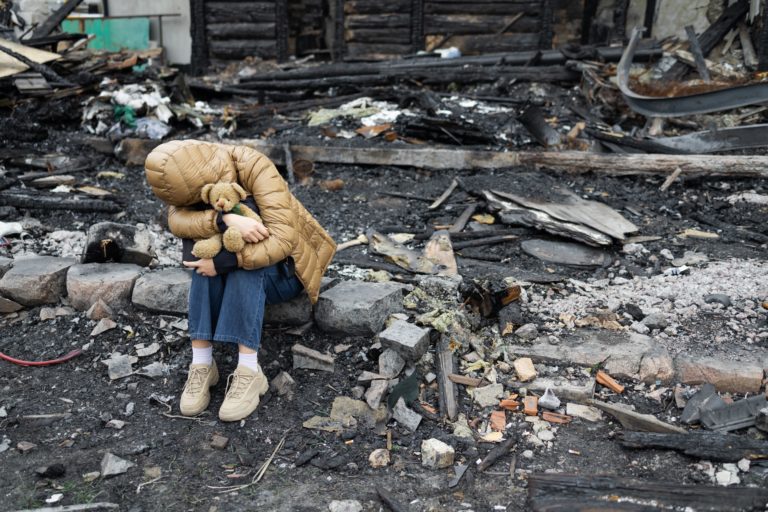
8. Excluding individual regional conflicts, today’s era of peace and the stable, prosperous, and harmonious state of society are by no means inevitable.
9. Only with social stability and world peace can humanity have the space to pursue knowledge, advance technology, develop the economy, and improve social and cultural life. Only by distancing ourselves from violence can humanity have a future.
How to handle a child’s anxiety about starting primary school?
- Post author By system
- Post date 01/07/2023
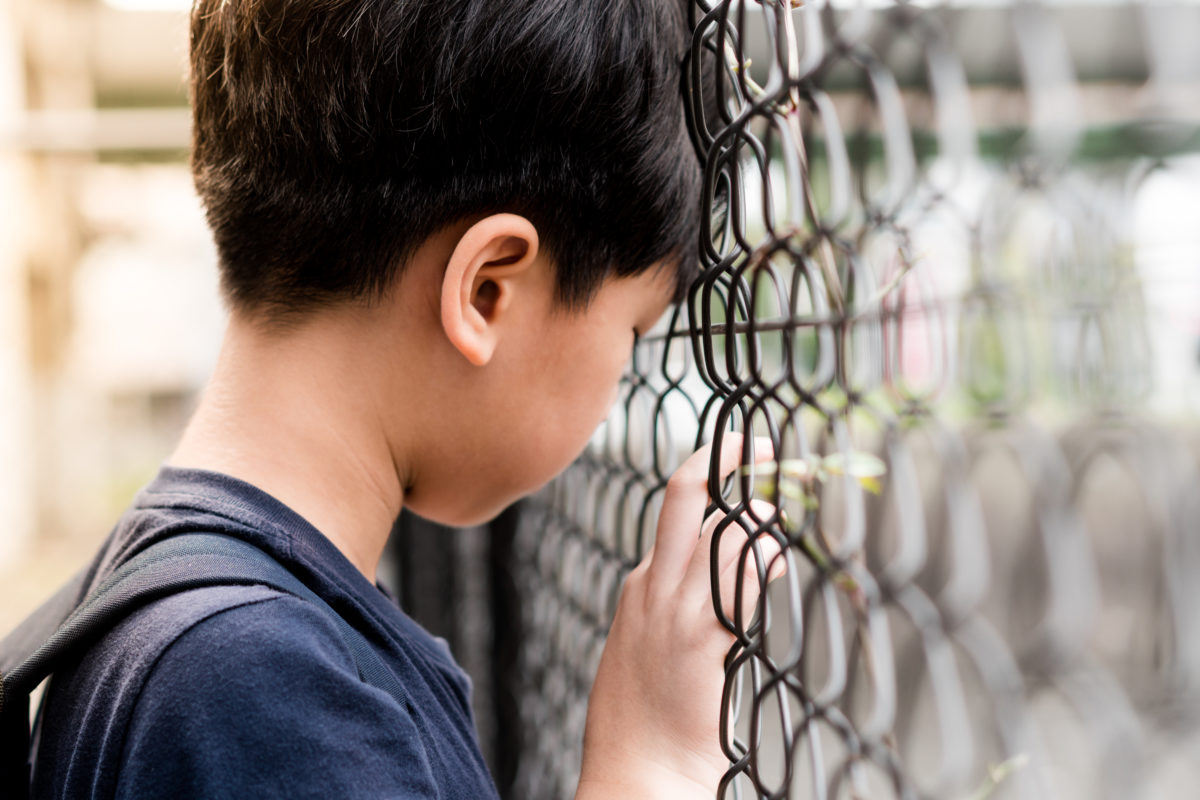
Parenting Tips
July 2023
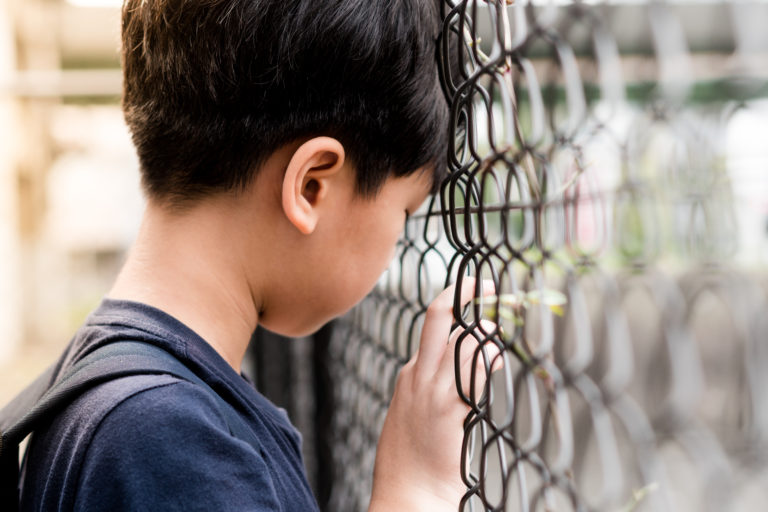
Source: Marriage and Family Therapist, Ng Yee Kam
When a child enters first grade and fails to adapt, some may frequently express their longing for their mothers at school and even experience a loss of appetite. Parents are concerned about their child’s anxiety and may continuously tell them, “As long as you do your best, Mom doesn’t care about grades!” But does this approach effectively address the child’s anxiety, or does it backfire?
First of all, parents need to understand that the transition from kindergarten to first grade is a significant change for a child. It truly takes a long time for the child to adapt. In the first-grade stage, the workload increases, rules become stricter, and teachers are more demanding. Children may experience anxiety, leading to various physical symptoms or fear of going to school.
So, how much time does a child need to adapt? It actually varies from person to person. Generally speaking, more introverted or observant children are prone to anxiety, so it may take them a relatively longer time to adapt. Therefore, parents should first understand their child’s personality and temperament, adjust their expectations during this adaptation period, and never compare their child with other children.

Dr. Daniel Siegel, an American psychiatrist, has proposed a very useful method called “Name it to Tame it.” When parents observe emotional fluctuations in their children, they first use their left brain to analyze what might be happening with their child. Parents should use both their left and right brains, empathizing with the child’s feelings and situation, and then verbalize what they perceive the child is feeling. This is the “Name it” step.
For example, you can say to your child, “Are you feeling scared? Are you feeling worried? It seems like you have no appetite. Is there something you’re anxious about?” When we are able to express the child’s emotions, we are actually delineating what the child is experiencing in their right brain very clearly.
For older children, parents can encourage them to express their emotions themselves, and parents can respond to them. This connection between the adult’s and the child’s right brain helps stabilize anxious emotions. We refer to this process as “Connect.” After the connection is established, we can engage in conversation about other topics with the child.
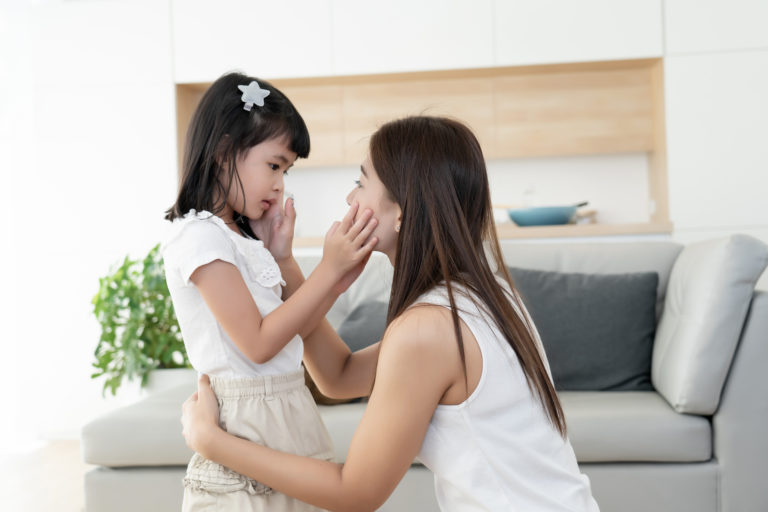
However, parents should remember that when a child expresses their emotions, we must avoid saying things like, “Don’t worry, it’s silly, don’t think about these things,” or “You’re fine as you are, just do your best.” If we respond with our left brain, we cannot alleviate the right brain’s anxiety or bring calmness to the child’s midbrain responsible for emotions.
Lastly, when parents are able to use emotional vocabulary and verbalize what is happening in the child’s mind, it means transforming some of the emotions in the right brain into left brain cognition. This process is called “Redirect.” When we cognitively understand what we are experiencing and feeling, our right brain will find ways to solve the problem, which is referred to as “Problem Solving.”
The sequence mentioned above is crucial when dealing with a child’s anxiety and nervousness. Besides the order, parents also need to have patience. We need to be patient in helping the child understand their emotions so that we can come up with strategies together.
Why do children experience recurrent respiratory infections?
- Post author By system
- Post date 01/07/2023

Parenting Tips
July 2023

Source: Registered Chinese medicine practitioner, Tsui Chak Cheong
If a child frequently experiences recurrent respiratory infections, such as frequent colds and coughs, from the perspective of Chinese medicine, it is also caused by deficiency of Qi in the lung and spleen and deficiency of the lung and spleen, leading to a weakened immune system. These children often feel tired due to lung qi deficiency and may lack energy when speaking. If they have spleen deficiency, they may experience loss of appetite or easily have diarrhea. From the Chinese medicine standpoint, the focus is on taking care of the lung and spleen, which involves nurturing their qi to enhance their resistance.
If a child has just recovered from an illness but quickly falls ill again or experiences recurrent respiratory infections, it falls under the category of recurrent respiratory infections. For example, after recovering from an illness, the child may catch another cold within one or two weeks, leading to another respiratory infection. From the Chinese medicine perspective, it can be determined as recurrent respiratory infections in children, where the frequency and number of illnesses are higher than average.

Or it could be that in the past, it wasn’t like this. Previously, you might have gotten sick three times a year, but this year, it’s possible that within just six months, you’ve already been falling ill every month or once every two weeks. In such cases, it’s possible that there are underlying issues with your child’s health.
How can diet effectively prevent colds? The key is to have a light and balanced diet, pay attention to nutrition, and maintain a proper balance between activity and rest. In daily meals, it’s important to consume more vitamin C and vitamin A to strengthen the body’s immune system. Parents can prepare carrot soup and try to minimize the consumption of fried, heavily seasoned, and hard-to-digest foods for children because their digestive capacity is still weak, which is a characteristic of spleen deficiency. If children frequently consume fast food or indulge in hard-to-digest and highly seasoned snacks, their bodies may accumulate phlegm and heat. This accumulation, combined with the invasion of external pathogenic factors, can create a susceptibility to frequent colds.

If you want recommended soup, there is a type of soup called “Yukpingfung San.” The main ingredients of it are astragalus, white atractylodes, and saposhnikovia root. When preparing the soup, we can use these three medicinal herbs along with a lean meat and a few honey dates.

